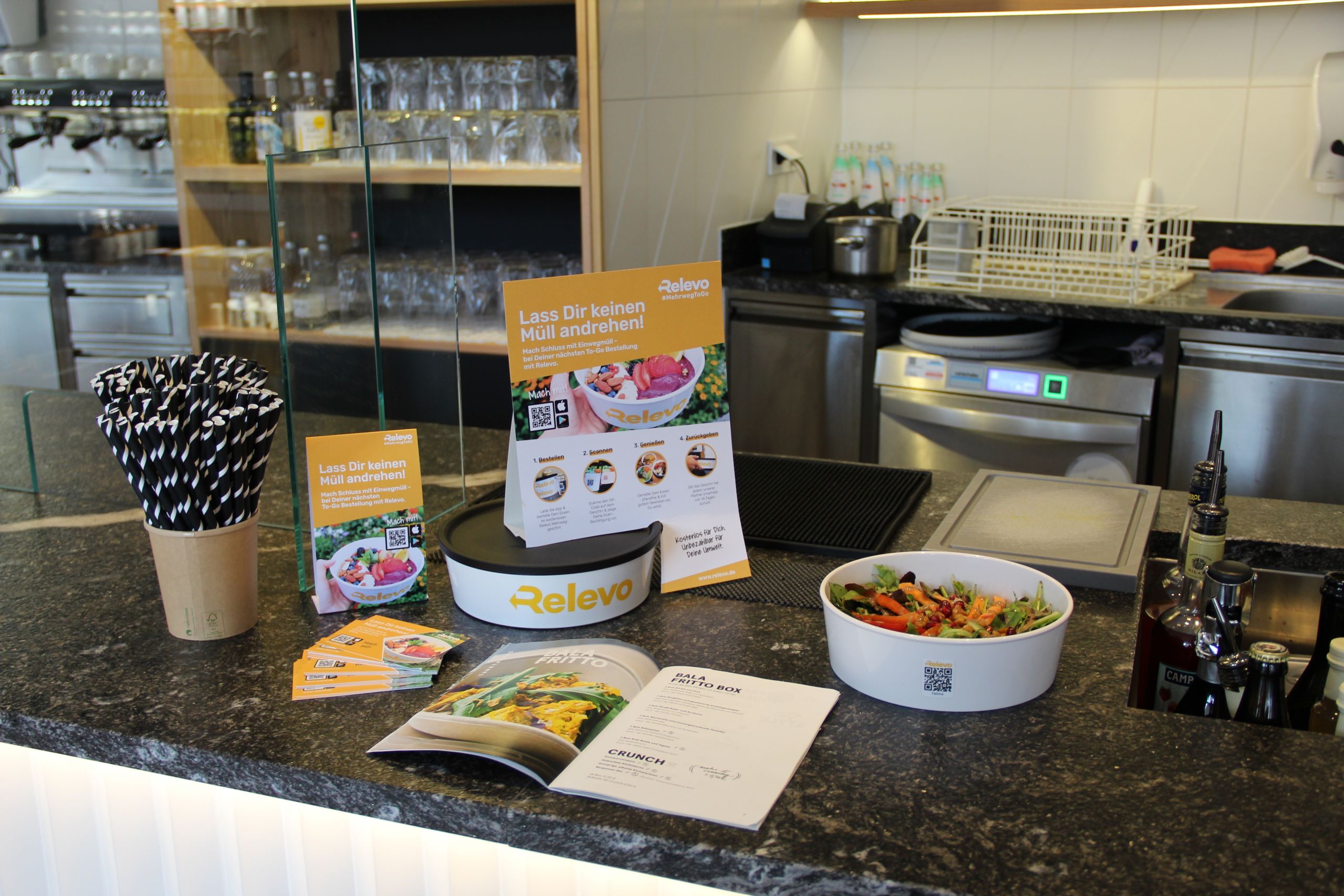Ready for the EU Single-Use Plastic Ban?
Don't let them sell you any garbage!
From July 3, 2021, the EU single-use plastic ban came into effect, aimed at regulating and restricting the use of certain single-use plastic products. The German Bundestag has passed corresponding regulations to implement this directive. But which products are affected and what alternatives are already available on the market?
THE PATH TO THE LAW
The waste generated by single-use plastic is a global problem and threatens humans, animals and our environment. It is therefore encouraging that the EU is developing strategies to curb the flood of packaging and promote more sustainable concepts. In the summer of 2019, the EU published a directive aimed at reducing the impact of certain plastic products on the environment ((EU) 2019/904). However, this EU directive does not yet have any legal effect and must first be transposed into national law. The German government has done this in the form of the Single-Use Plastics Prohibition Ordinance and the Single-Use Plastics Labelling Ordinance. While the Single-Use Plastics Ordinance bans the use of certain single-use plastic products altogether, the Single-Use Plastics Labelling Ordinance stipulates that certain products must be labelled.
WHICH PRODUCTS ARE AFFECTED?
The nationwide ban on single-use plastic includes cotton buds, cutlery, plates, straws, stirrers and balloon sticks made of plastic as well as to-go drinks cups and to-go food packaging made of expanded polystyrene (polystyrene). Starting from July 3, 2021, these single-use items are prohibited from being sold or used throughout Germany.
In addition, products made from oxo-degradable plastic will be completely banned. These are products that break down into microplastic particles through oxidation. If these are disposed of in the environment and not in the yellow garbage can, they remain there for many decades – similar to disposable plastic bags. There is a risk of confusion here with biodegradable plastic. Although so-called “bioplastics” perform slightly better than their conventional counterparts in terms of sustainability, they are also not a long-term solution to the single-use problem. As oxo-degradable plastic poses major environmental risks, it is to be banned altogether – regardless of whether it is disposable or reusable.
In addition to this ban, the federal government will require certain plastic products to be labelled in the future—especially relevant to the food service industry are single-use beverage cups. The labelling is intended to inform consumers that these products contain plastic, which disposal method should be avoided and the environmental consequences of improper disposal.
(The overall aim of the ban and labelling requirement is to ensure that plastics are managed more sustainably along the value chain, reduce careless waste disposal and combat marine littering.
What alternatives are there?
In Germany, more than 9 billion items of packaging are thrown away every year – in large cities like Munich, that’s over 600,000 single-use packs per day. Even without the new EU regulations, these figures are alarming and call for a change in to-go consumption. Reusable systems offer a possible alternative. These not only go hand in hand with the upcoming single-use regulation from 03.07.2021, but are also the most efficient option from an ecological point of view.
In addition, on May 6, 2021, the German parliament passed a law that obliges restaurants with more than 80 square meters of floor space and more than five employees to offer reusable packaging starting in 2023. So if you opt for an environmentally friendly reusable solution now, you can both comply with the ban on disposable packaging and sit back and relax in view of the upcoming reusable packaging obligation from 2023.
Relevo offers one of these reusable alternatives with its reusable concept. The digital reusable solution can be easily and risk-free integrated into food service operation without any process interventions. In this way, Relevo combines the convenience of disposable with the sustainability of reusable packaging and enables a modern, urban lifestyle in harmony with the environment. And it comes at a cost lower than that of bioplastics.
HOW DOES RELEVO WORK?
Relevo is a digital reusable solution – reusable crockery can be borrowed and returned deposit-free via an app. Restaurateurs prepare their food and drinks in the sustainable Relevo and then hand them over to their customers. When serving the food, customers scan the individual QR code on the crockery using a free app and initiate a loan process. After a waste-free meal, they have 14 days to return the crockery to any catering partner. To do this, customers scan the posted return code and the loan is complete. The cycle closes when the restaurant washes the dishes and gives them to the next customer.
The major advantage for the restaurant – thanks to the digital approach, Relevo’s cost model is completely risk-free. Relevo takes care of pre-financing the trays/cups and delivers the dishes to the restaurant without any set-up costs. Charges are based on the pay-per-use principle, i.e. costs are only incurred for actual rentals. (20ct per bowl, 10ct per cup) There are no fixed costs or fixed monthly amounts.

